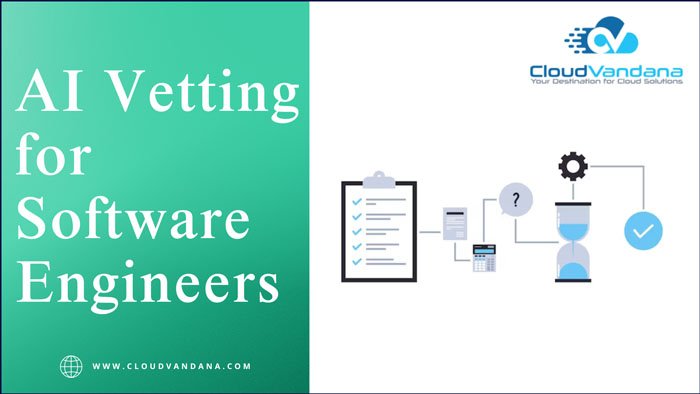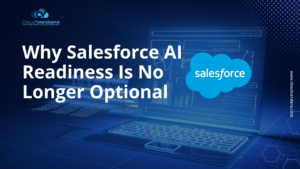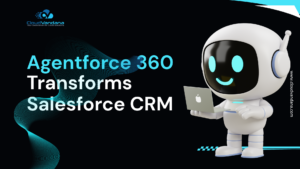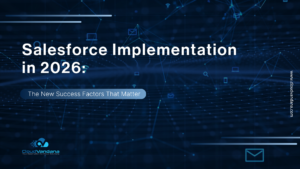Streamline your recruitment strategy with AI vetting for software engineers. Identify top talent efficiently by assessing candidates’ programming proficiency, code quality, and project experience, making your hiring decisions data-driven and effective.
In today’s competitive job market, companies are inundated with applications from aspiring software engineers. With such a large pool of potential candidates, it becomes crucial for hiring managers to find efficient ways to narrow down their choices and identify the most qualified individuals. This is where AI vetting comes into play. AI (Artificial Intelligence) has revolutionized the hiring process, offering valuable tools and techniques to assess the skills and capabilities of software engineers. In this article, C will explore the benefits and drawbacks of AI vetting for software engineers and delve into the various methods used in this process.
The Need for AI Vetting for Software Engineers
Recruiting software engineers has always been a challenging task. Traditional screening methods, such as resumes and interviews, have their limitations in assessing a candidate’s true potential. AI vetting tackles this problem head-on by leveraging advanced algorithms and machine learning to evaluate candidates based on objective criteria. By relying on objective measures, hiring managers can eliminate subconscious biases and ensure a fair assessment for all applicants.
Uncovering Hidden Talent
One of the key advantages of AI vetting is its ability to uncover hidden talent. Traditional methods often leave out individuals who may possess the skills required for the job but lack the necessary credentials or experience to make it past the initial screening stages. AI algorithms can perform a comprehensive analysis of a candidate’s skills, including their code samples, projects, and contributions to open-source communities. This enables recruiters to identify promising candidates who may have otherwise been overlooked.
Efficient Screening Process
Sorting through hundreds or even thousands of resumes and applications can be an extremely time-consuming task for hiring managers. AI vetting can significantly streamline this process by automatically filtering out unsuitable candidates. By defining specific criteria, AI algorithms can quickly evaluate applications and identify those that meet the desired qualifications. This saves valuable time and resources for both the recruiters and the applicants.
Objective Evaluation
One of the biggest challenges in any hiring process is subjectivity. AI vetting provides an objective evaluation of candidates by focusing solely on their skills and qualifications. Removing human bias from the equation ensures a fair assessment for all applicants, regardless of their background or personal characteristics. This helps to create a more inclusive and diverse workforce.
AI Vetting Methods
Various methods are employed in AI vetting to assess the competency of software engineers. These methods utilize cutting-edge technologies to evaluate candidates’ technical skills and problem-solving abilities.
Automated Coding Tests
Automated coding tests are a popular choice for AI vetting. These tests involve presenting candidates with coding challenges or real-life scenarios and assessing their ability to produce a correct and efficient solution. AI algorithms can analyze the code submissions and provide instant feedback, highlighting any potential errors or inefficiencies. This method effectively evaluates a candidate’s coding skills, algorithmic thinking, and problem-solving abilities.
Data-Driven Decision Making
Another method used in AI vetting is data-driven decision-making. AI algorithms can identify patterns and correlations between qualifications and job performance by analyzing large datasets of past successful candidates. This allows hiring managers to make more informed decisions based on historical data, improving the chances of finding the right candidate for the job.
Natural Language Processing
In addition to technical skills, communication and collaboration are essential traits for software engineers. Natural Language Processing (NLP) techniques can be employed to assess a candidate’s communication skills by analyzing their written responses to prompts or questions. AI algorithms can evaluate the clarity, coherence, and effectiveness of the candidate’s language, helping to identify strong communicators.
The Limitations of AI Vetting
While AI vetting offers numerous benefits, it is important to acknowledge its limitations.
Lack of Contextual Understanding
AI algorithms excel at analyzing data and patterns but may struggle with understanding contextual nuances. When it comes to evaluating software engineers, certain aspects, such as creativity and problem-solving strategies, may require human judgment. AI vetting should be seen as a complementary tool rather than a complete replacement for human assessment.
Potential Biases in Algorithms
AI algorithms are only as impartial as the data they are trained on. If historical data used to train the algorithms contains biases or reflects a lack of diversity, there is a risk that these biases may be perpetuated in the vetting process. A conscious effort must be made to ensure the algorithms are fair and inclusive.
Narrow Assessment Scope
AI vetting primarily focuses on technical skills and qualifications, often overlooking the broader emotional intelligence or soft skills that are crucial for success in a software engineering role. Hiring managers should consider a holistic approach, combining AI vetting with other assessment methods to get a well-rounded evaluation of candidates.
Conclusion
AI vetting has become an indispensable tool for hiring managers in the software engineering industry. It offers a more efficient and objective way to identify qualified candidates while uncovering hidden talents. AI vetting can provide meaningful insights into a candidate’s abilities by utilizing methods such as automated coding tests, data-driven decision-making, and natural language processing. However, it is essential to recognize the limitations of AI vetting and use it as a supplementary tool alongside human judgment. Ultimately, with careful implementation and consideration, AI vetting can significantly enhance the recruitment process, selecting exceptional software engineers who will thrive in their roles.
If you are looking for pre-vetted software engineers for your organization, just schedule a call with CloudVandana and experience the best staff augmentation services to enhance your business. Call Us Now.
















